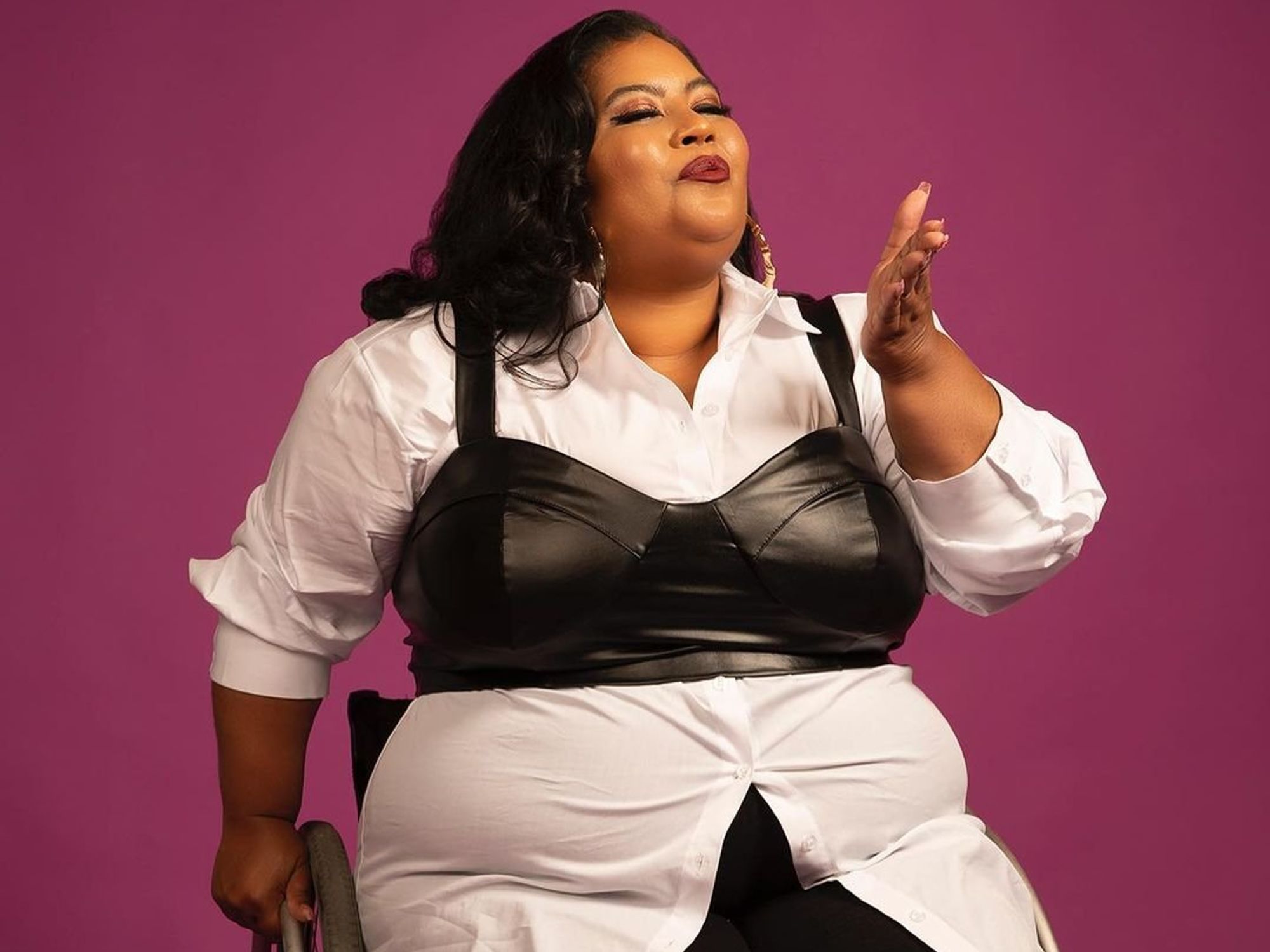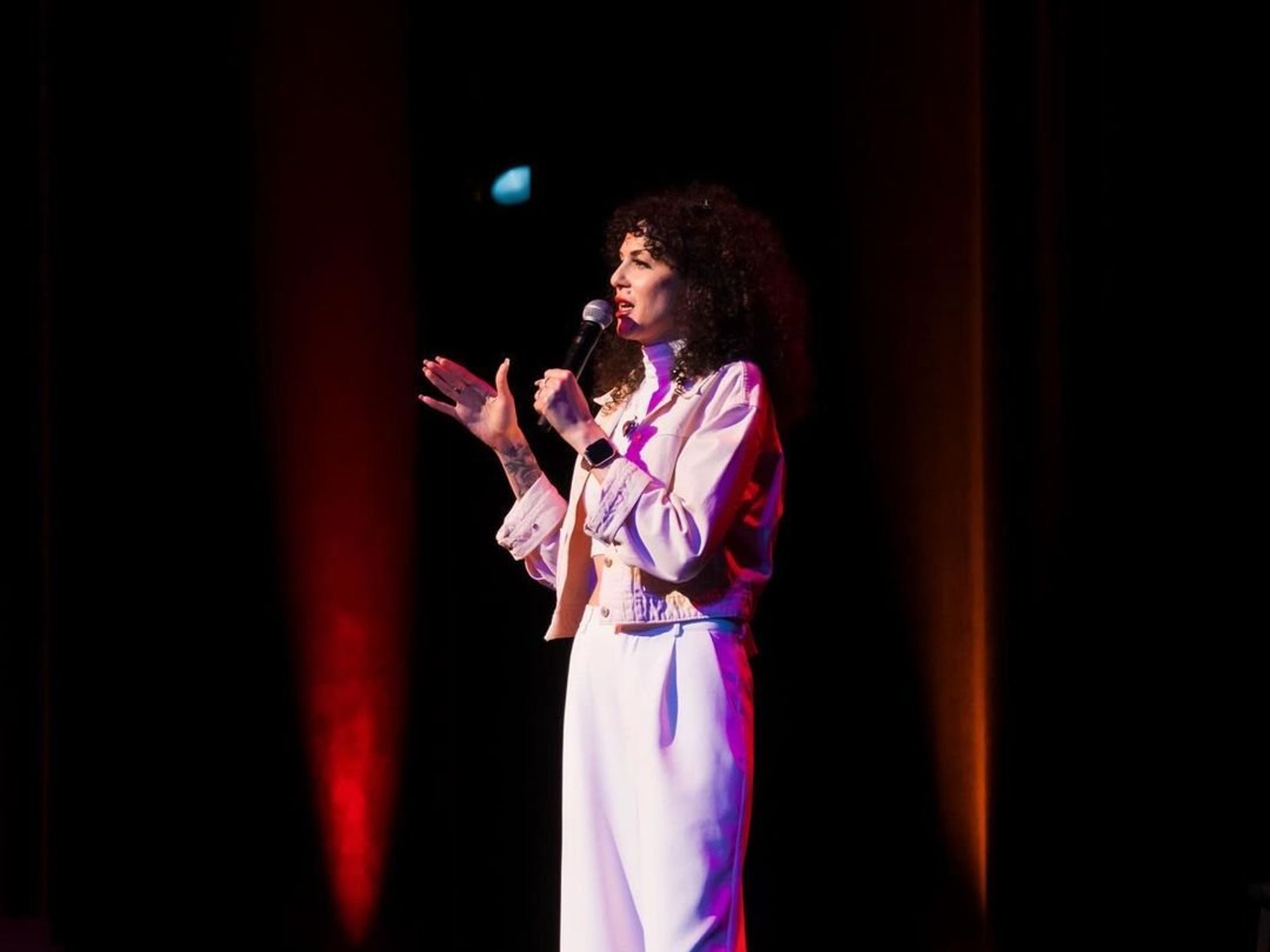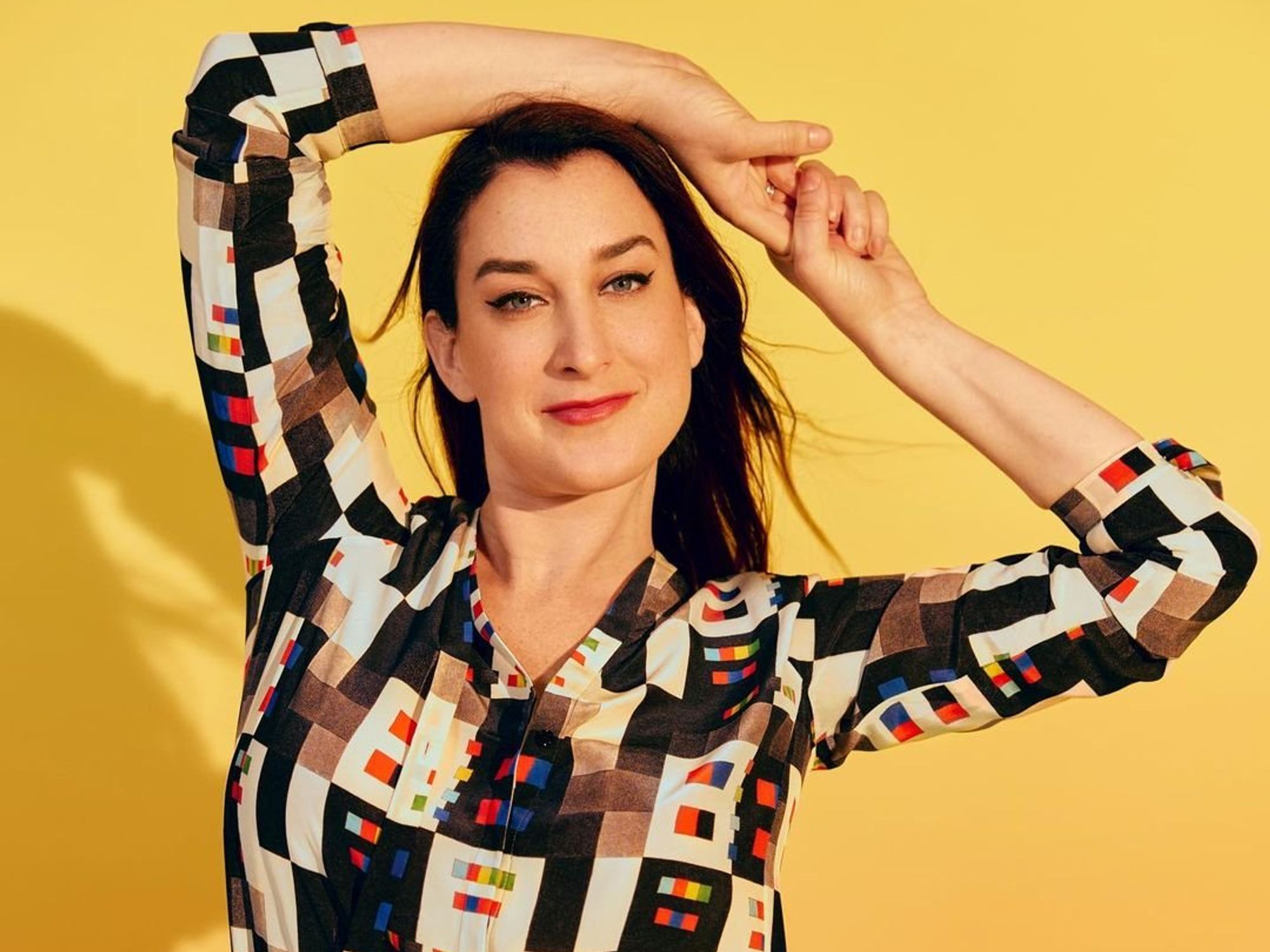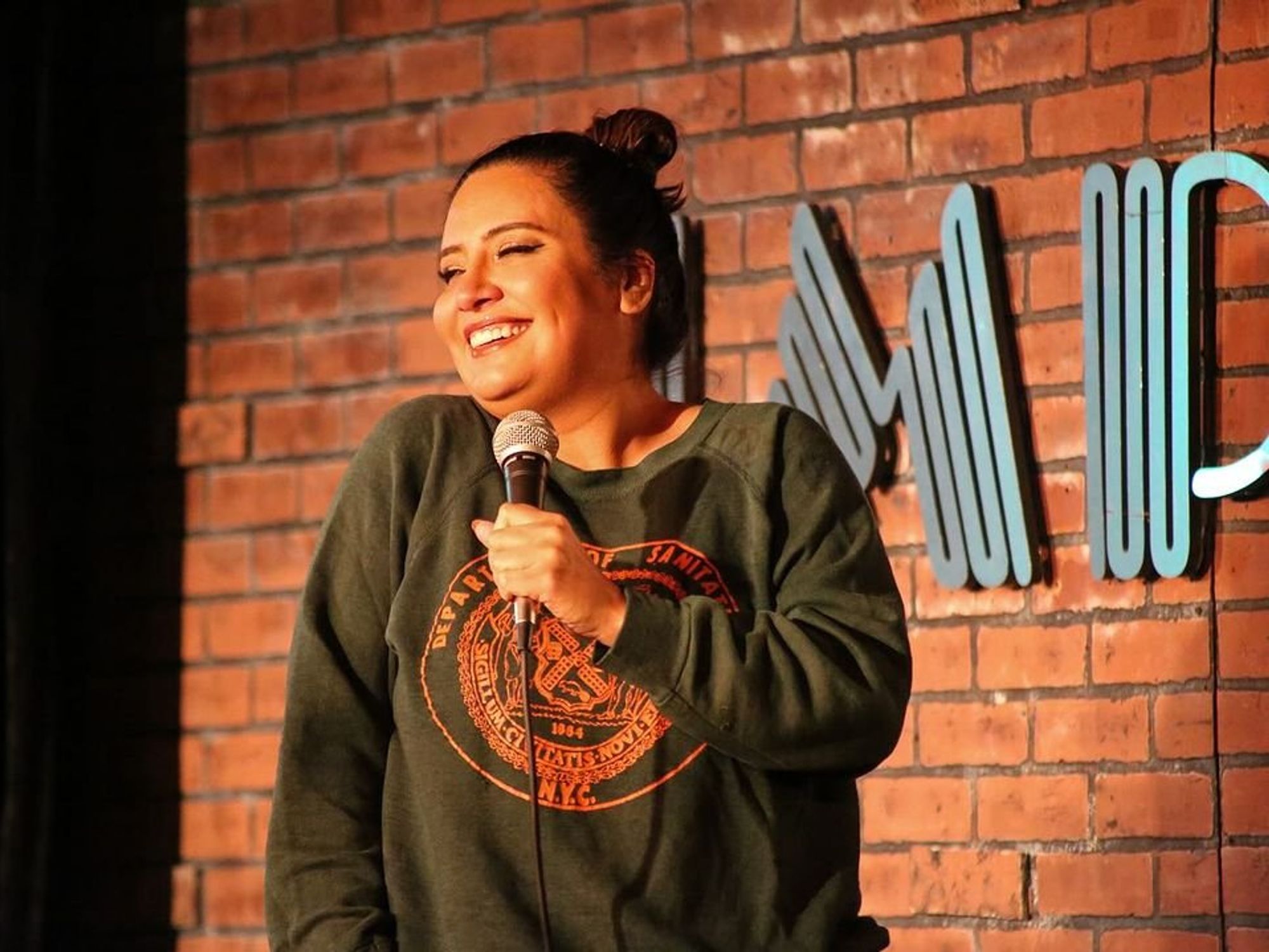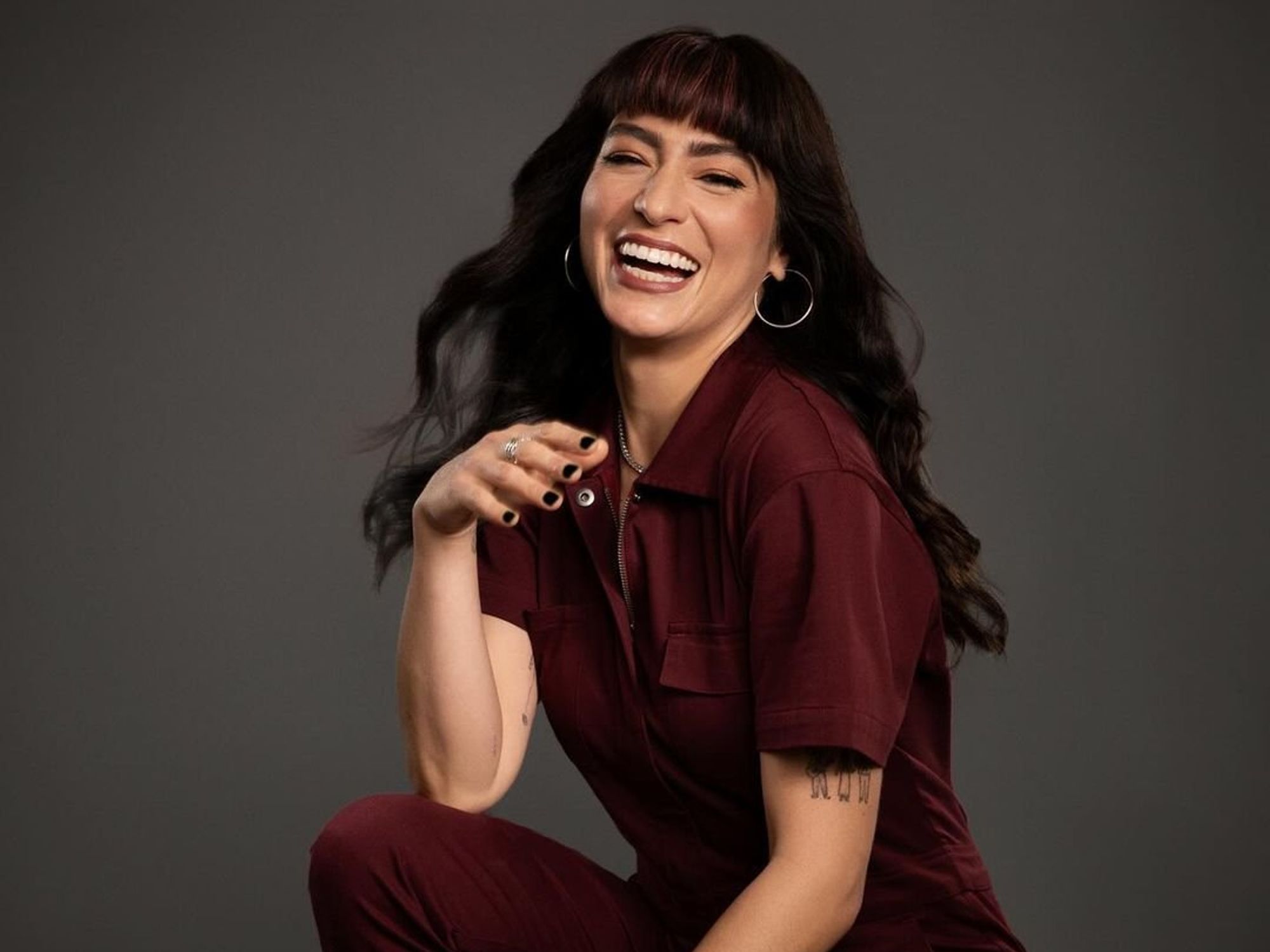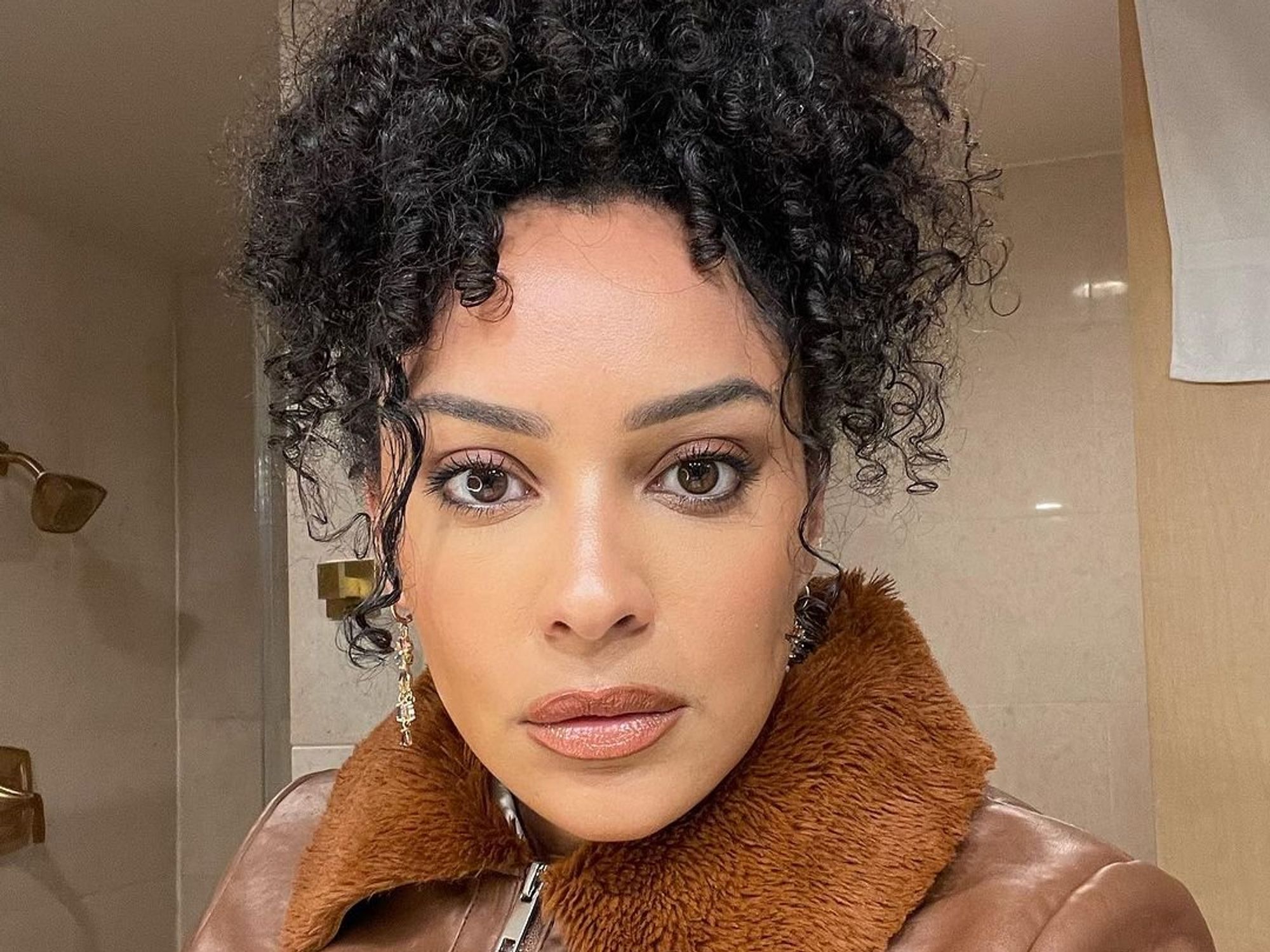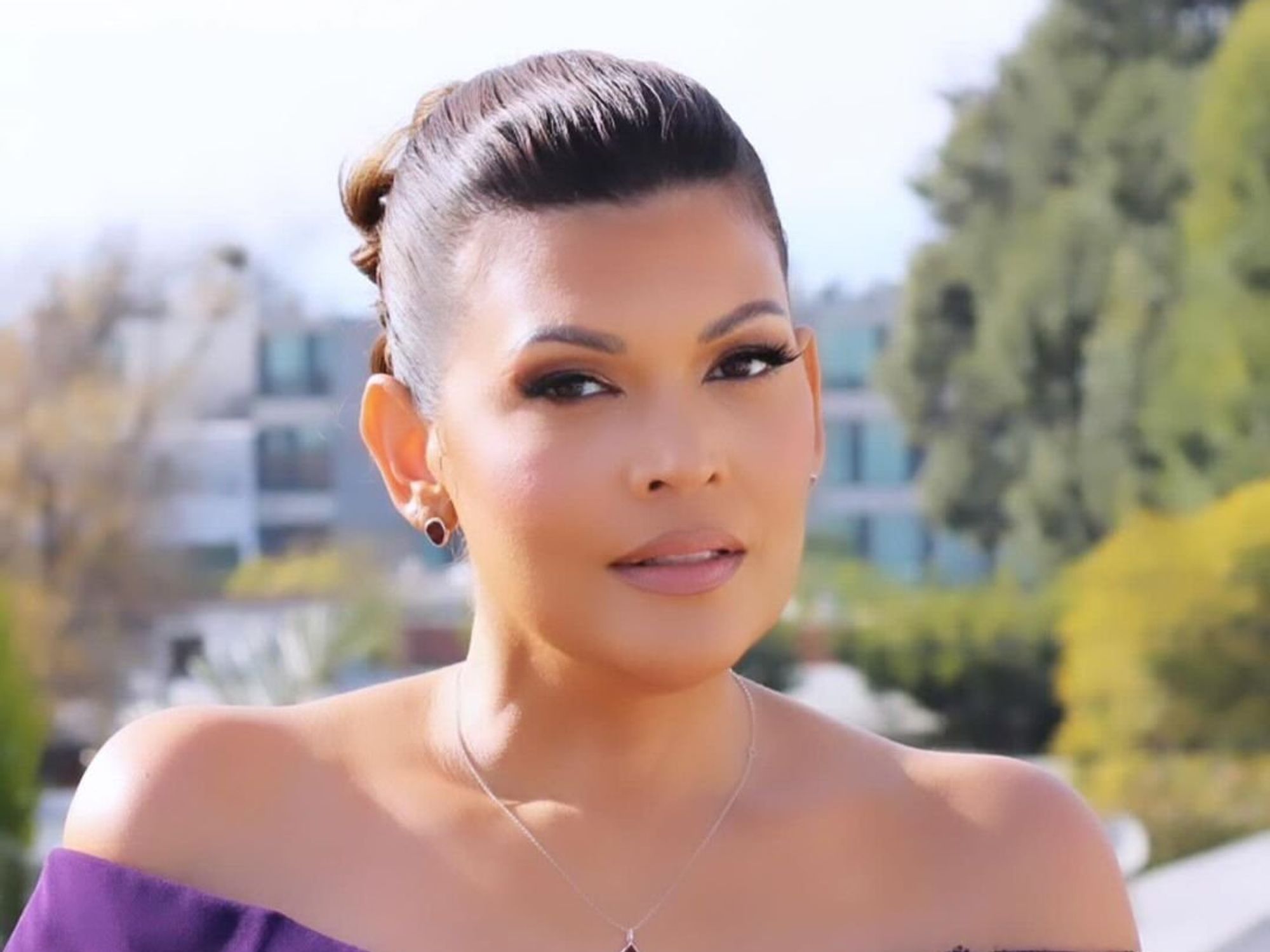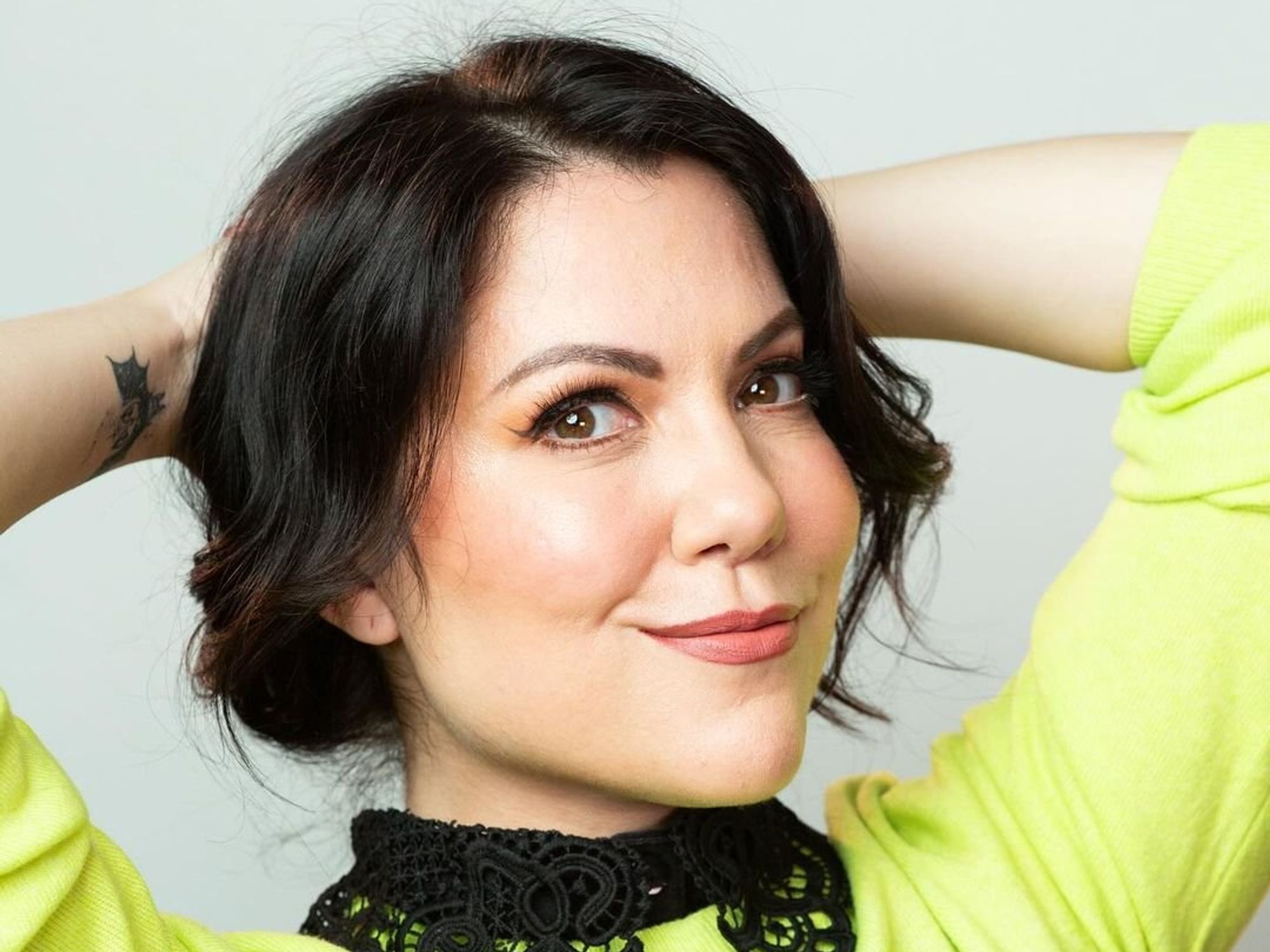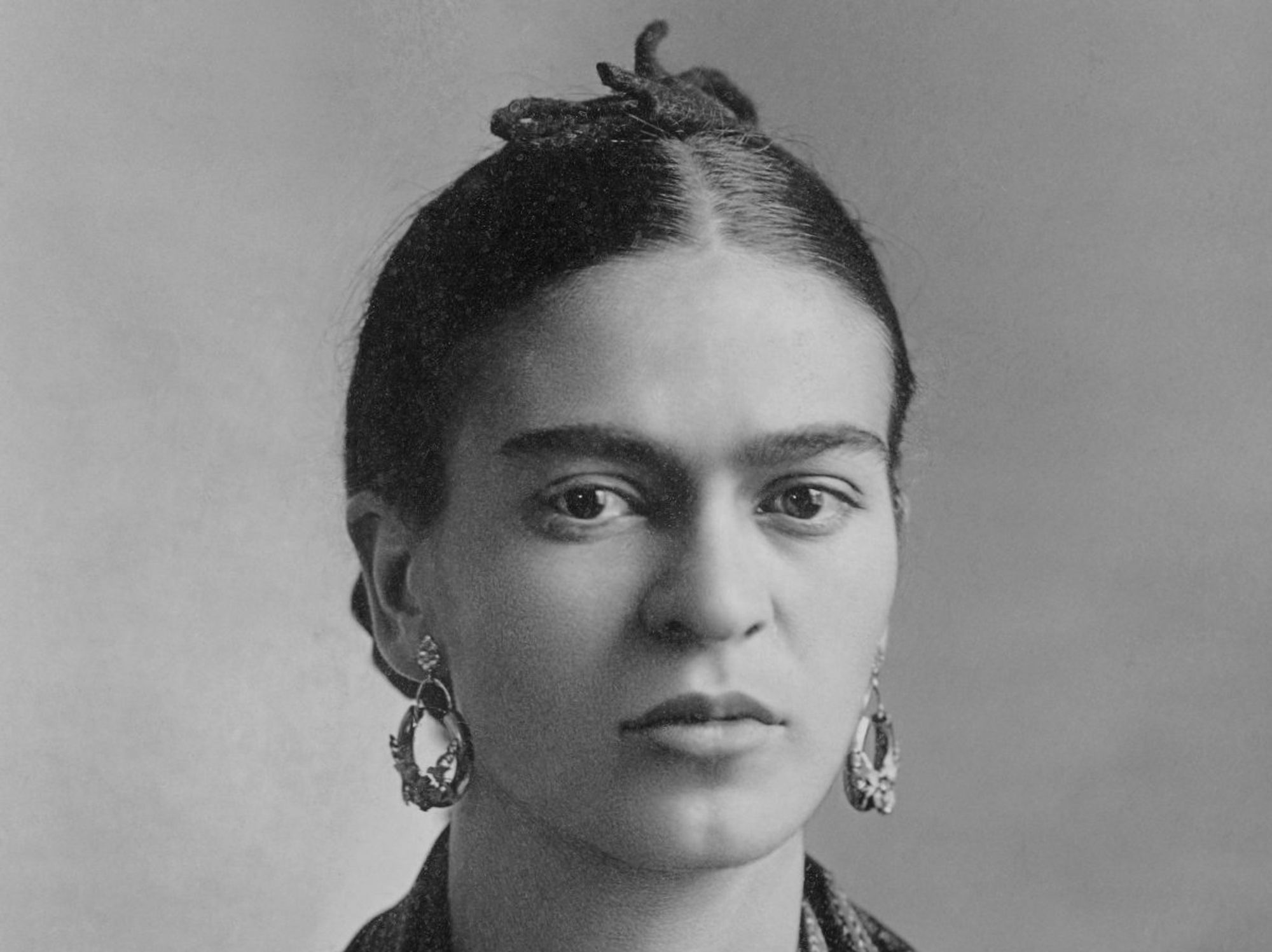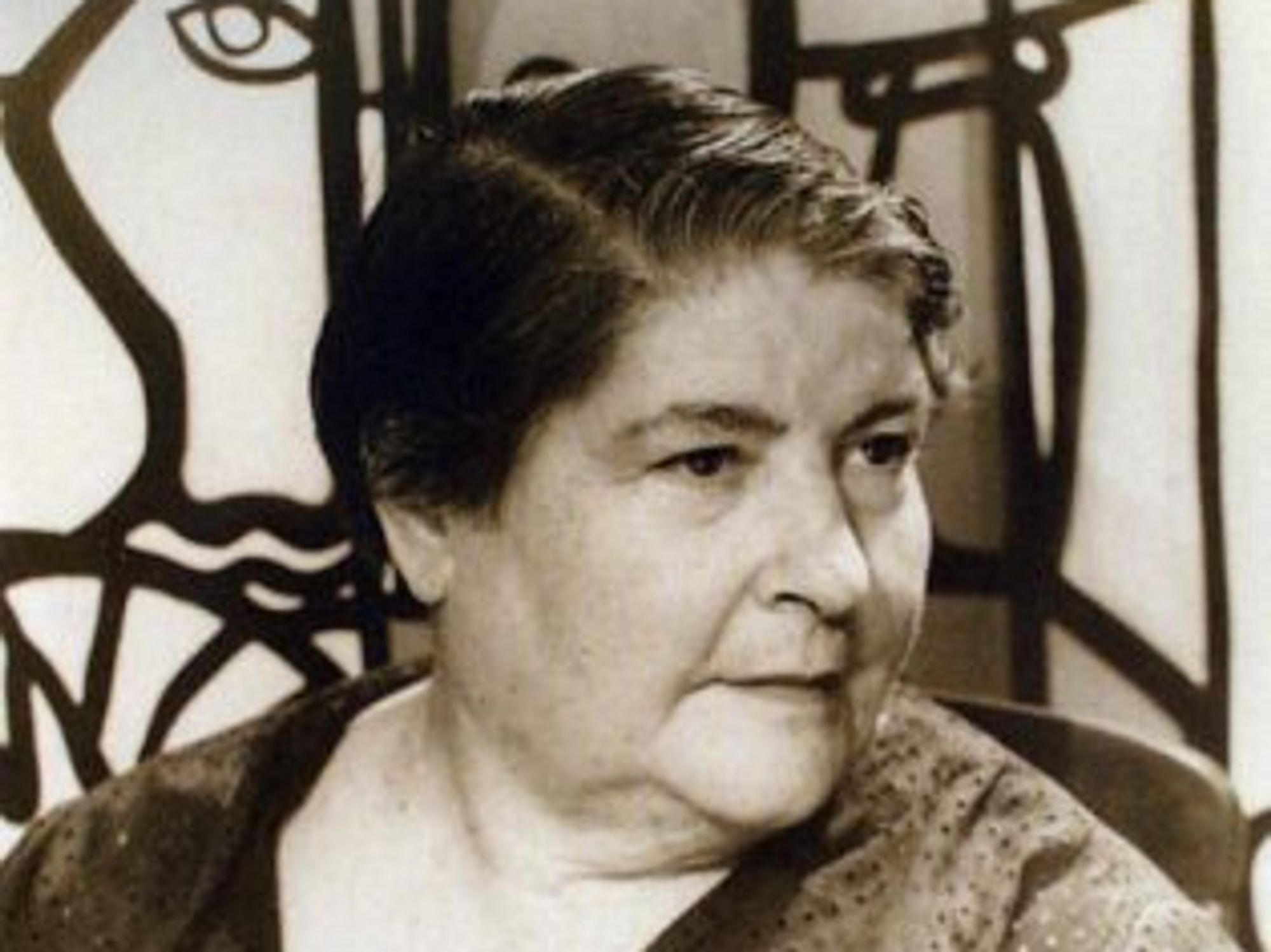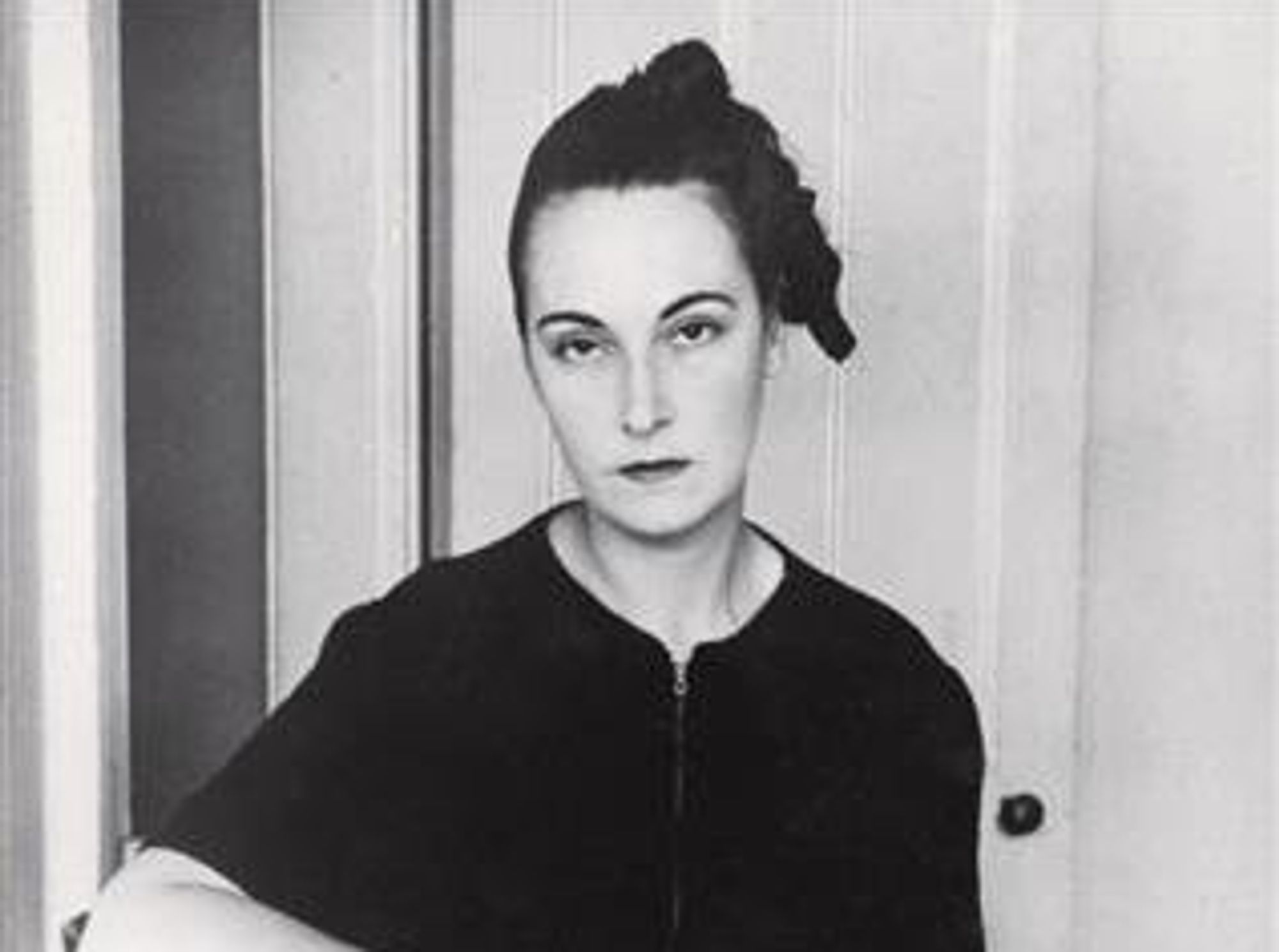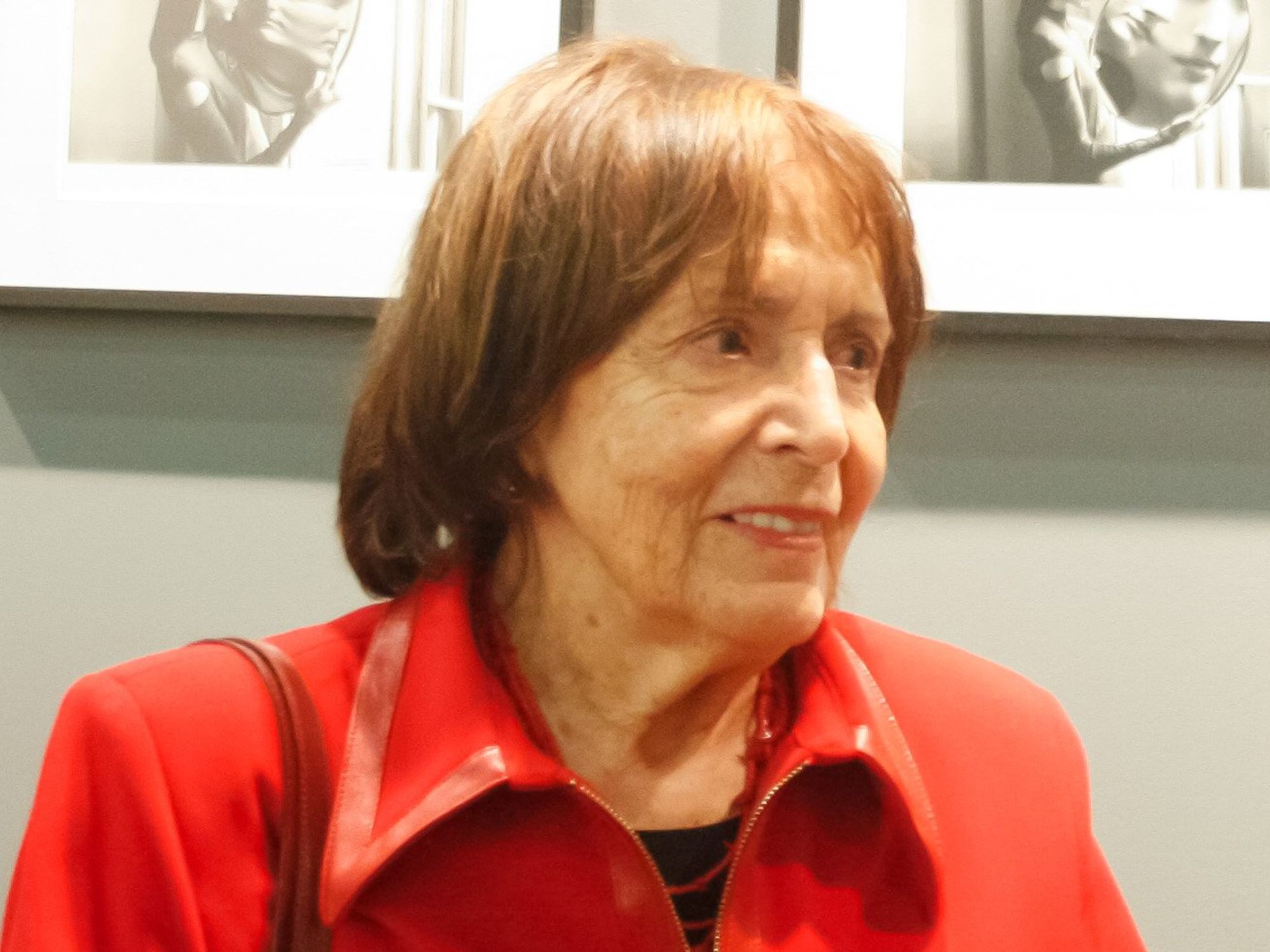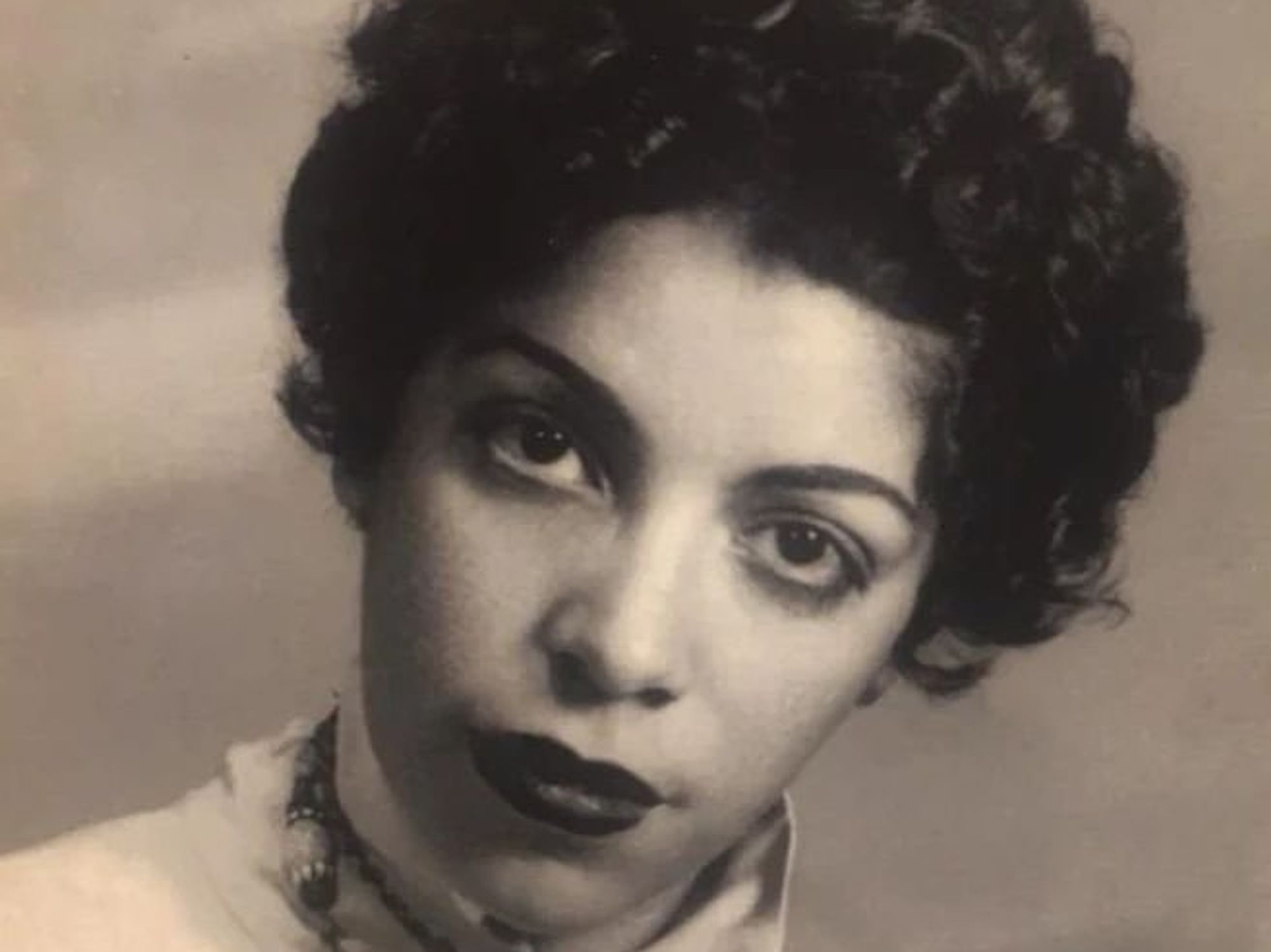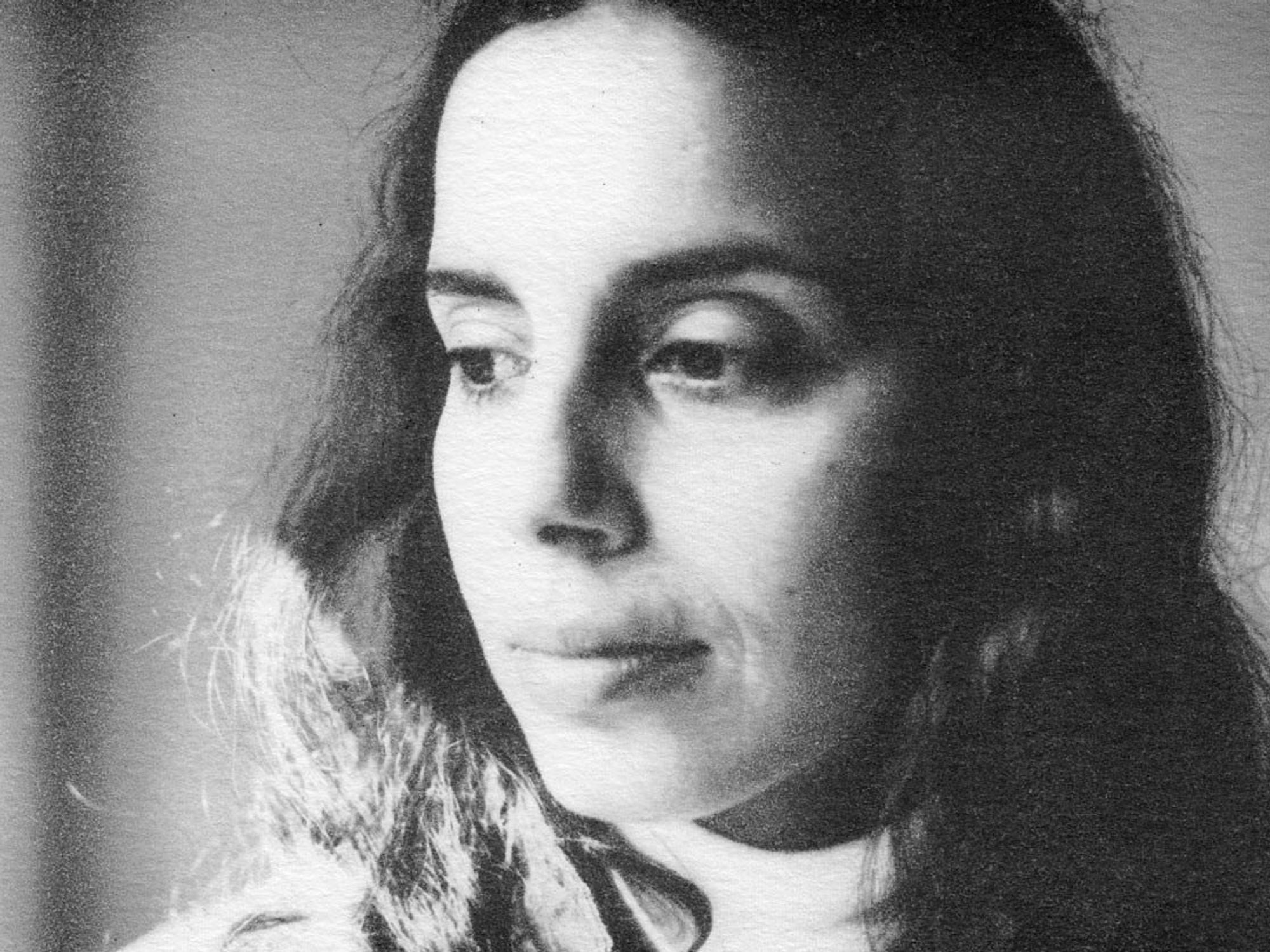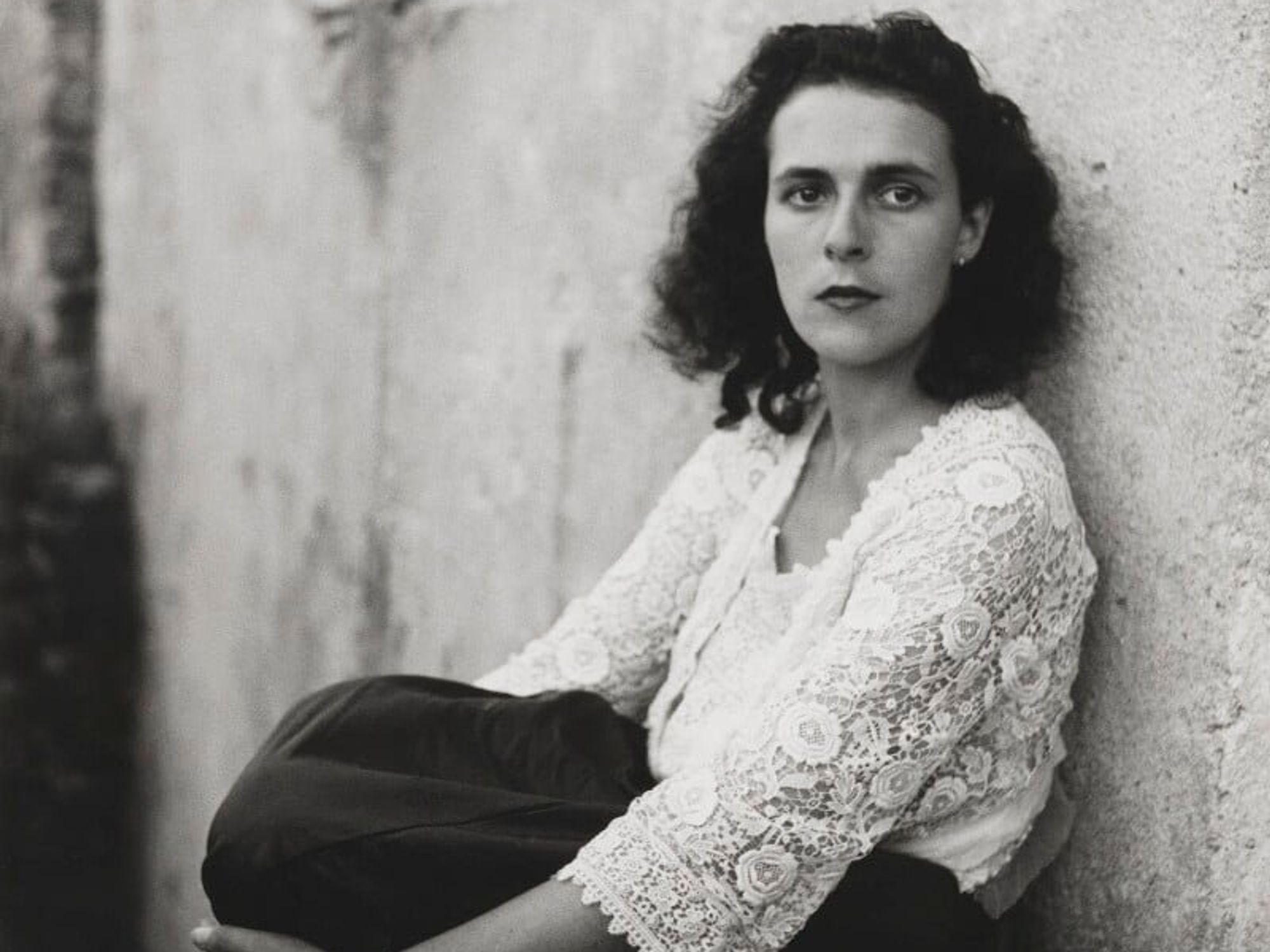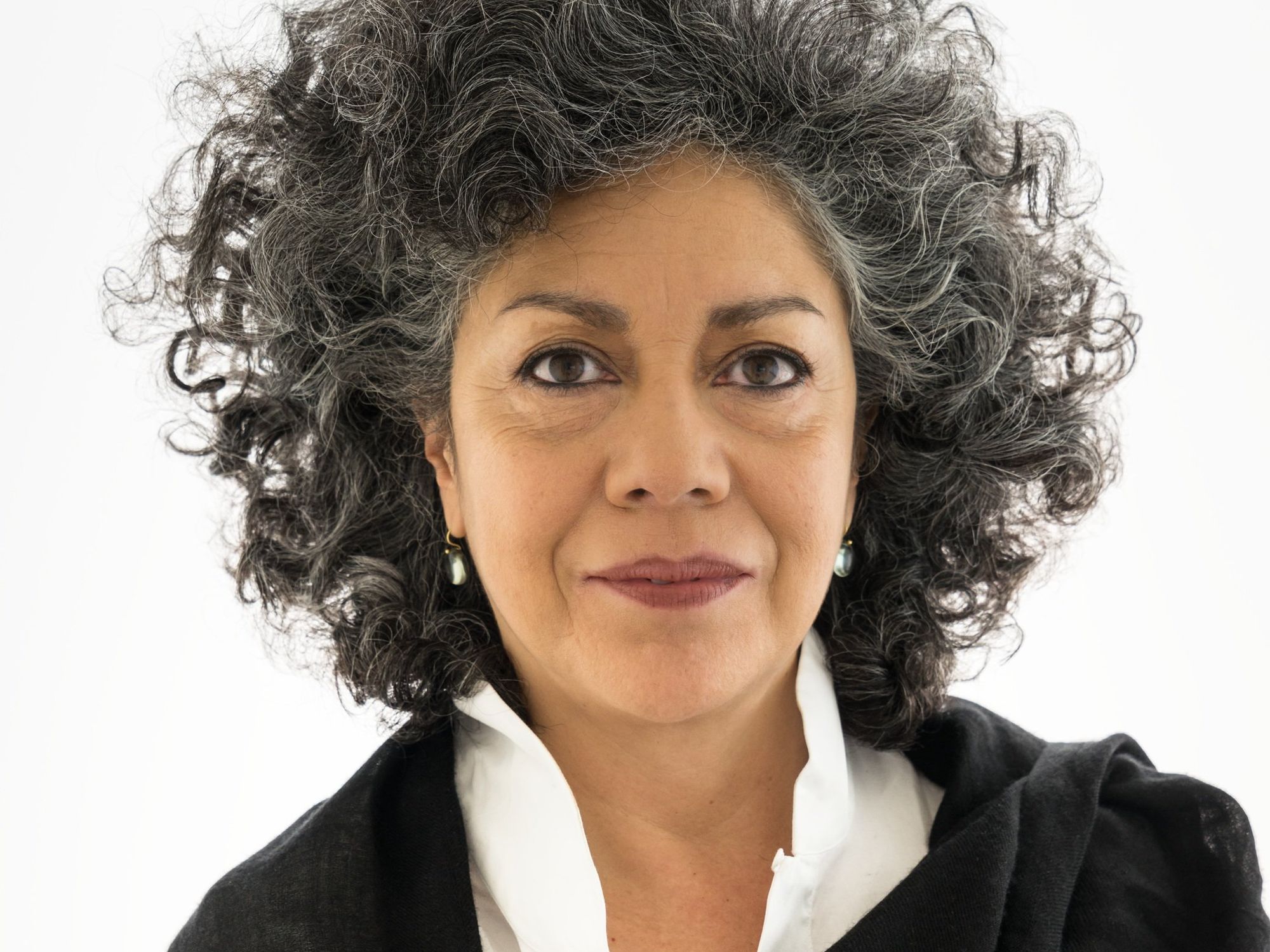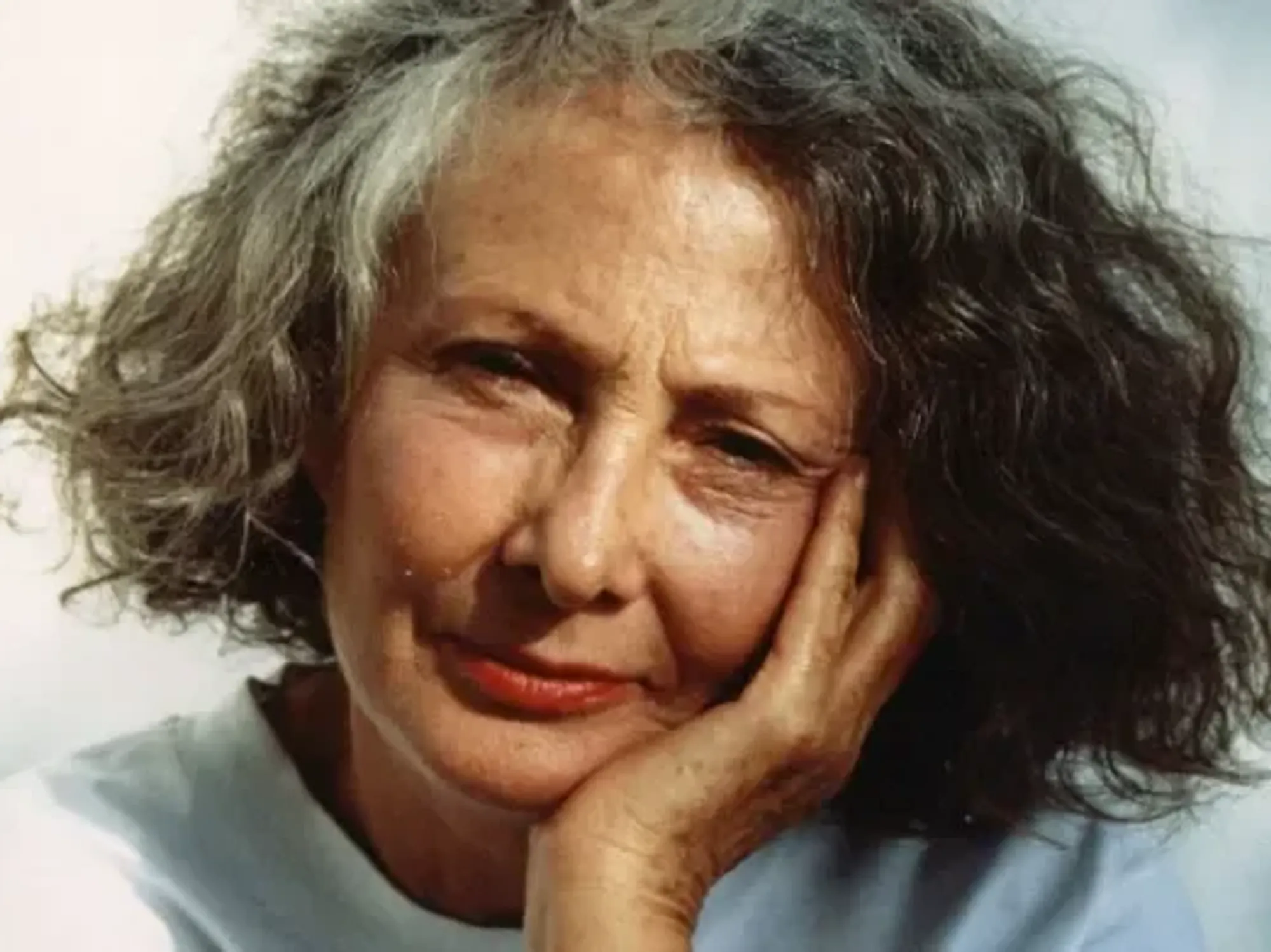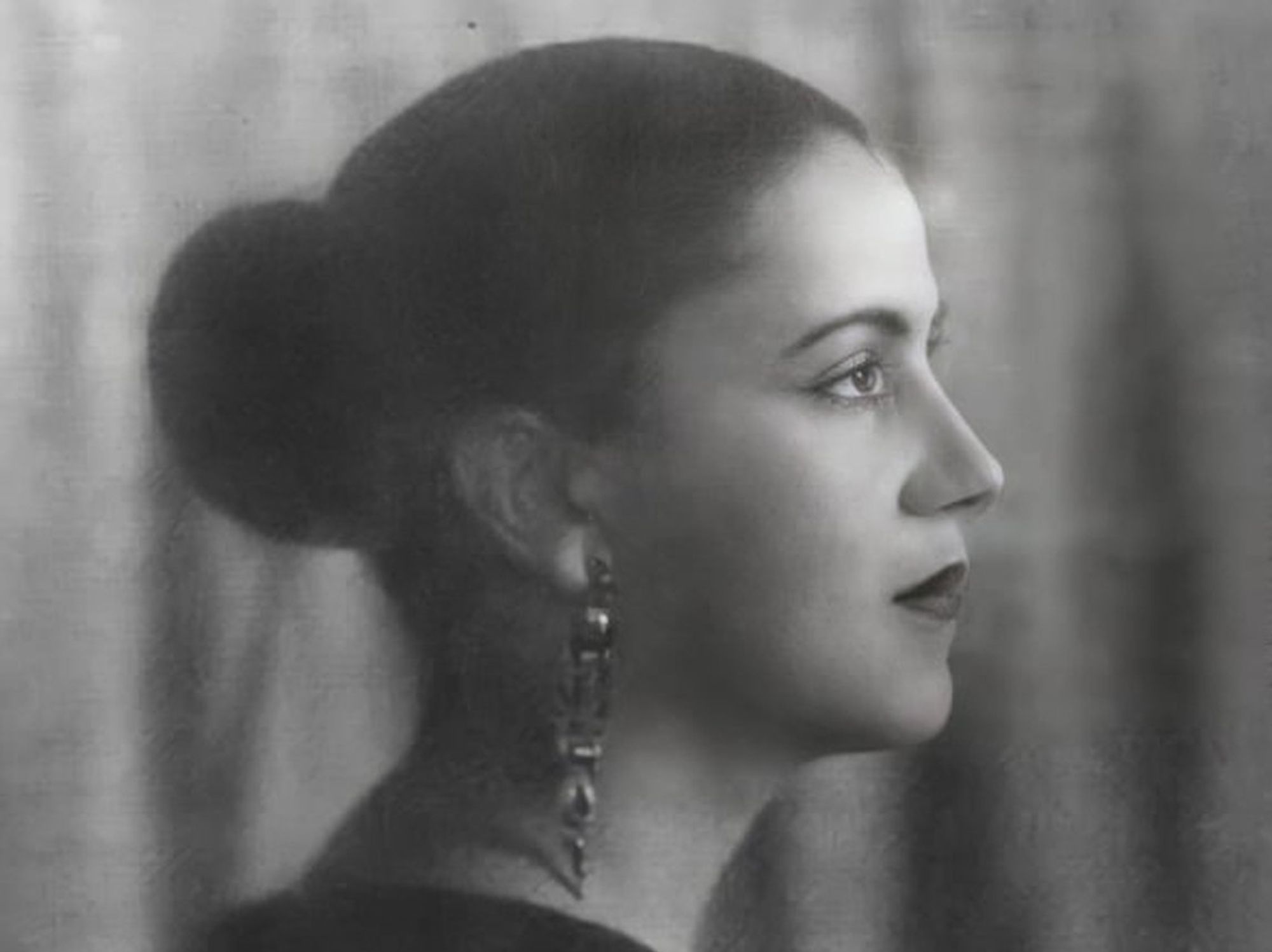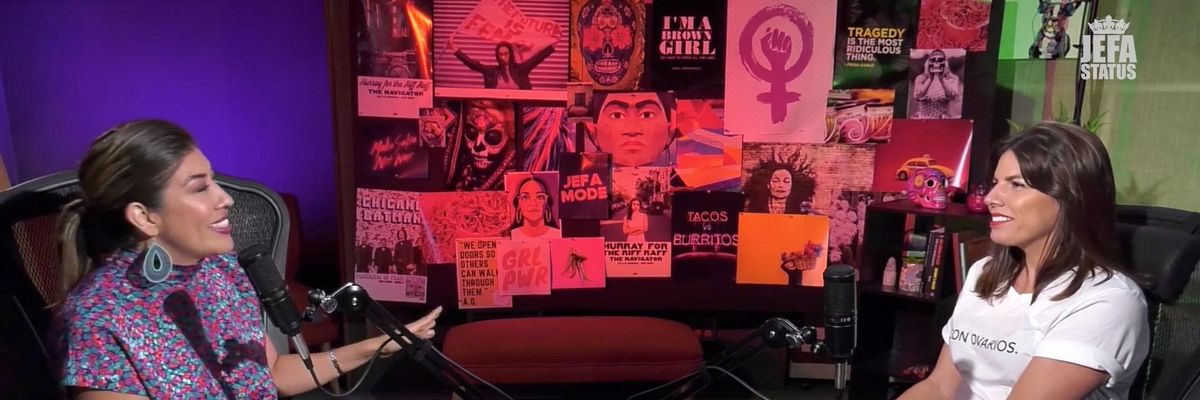
Actress, entrepreneur, and First generation Mexican-American Fernanda Kelly is an all around hustler. Hear how she overcame bullying, family pressures, and selling tamales on the street to pursue her drea
Video Transcript
Speaker 1: (00:00)
What can I say to the girls that have a dream and don’t have, how, don’t worry about the how. Just start anything. Even if it’s like, you know, picking up the phone and calling a friend. Just something people say no, but that’s not enough, because I have to have this and have to have that no that will come later. That’s right. Just do something for it. Yeah. Welcome to this week’s episode of Jefa status. I am your host Lucy Flores. This is where we talk to boss Latinas, the jefas of the jefas and we figure out what makes them tick, what motivates them, what pisses them off. Basically the how, the what, the why. This week I am super excited to have, I’m always super excited. I say that every single time,
Speaker 2: (00:46)
but I truly am. These women are so amazing. Um, I have Fernanda Kelly. Fernanda is an actress, a writer, a TV host, a community activist, uh, basically everything. She just launched her own brand. We’re going to talk about that. A jefa. Um, so I’m going to leave it there because of course we like to hear directly from our guests. And uh, Fernanda, thank you so much for being here. No thank you. I’m so excited. Really. I am, I’m, I’m just so happy. Thank you. Well, we’re happy to have you and I would just kind of want to start. So here we start at the beginning, but when I say the beginning, you know, I leave your projects and all the amazing things that you’re doing for a little later. And we start at the very, very beginning. That was a long time ago girl. You know, we, we love to focus on the journey
Speaker 1: (01:40)
here because it’s just as important and frankly instructive for everybody listening. The fact that we don’t have a ton of Latina mentors out there and role models and our voices are so under heard and invisible. And you know, we, we, it’s so important to be able to learn from each other because we have so much to learn from one another’s challenges, but also our successes. So that being said, you are from where, what’s your nationality or your ethnicity? Where were you born? Where’d it all start? I was born in San Diego, California and I was raised in the Tijuana. Okay. Yeah. And you are, I’m Mexican-American and Mexican. Okay. Mexican-American. Yeah. My parents are from Mazatlán, Sinaloa and I, you know, they always tease me, my family, because we, my brother and my sister and I are the first generation of, you know, U.S. Um, and when I was younger, people would ask me “de donde eres” you know where are you from
Speaker 2: (02:41)
and I was like de Mazatlán. Because I love, I love Mazatlán
Speaker 1: (02:46)
It’s like, to me it’s like my home, you know, when I go there, it’s brings me so much nostalgia and it’s just, you know, it’s a place where, to me it’s magical. I love the ocean. I love the food. I love the culture. I love my family. I come from a father who has 29 brothers and sisters, a mother that has four sisters. And so there’s just so much to me it all belongs and begins there. Yeah. So I, yo soy de Mazatlán. Now and that’s interesting because you know, so many of us who are first gen US born, um, Latinas, uh, with immigrant parents, we often struggle very much. We talk about this a lot in terms of ni de aquí ni de allá. Totally. Right. Like feeling, um, but then also the progress that we’ve made as a Latino community in general where we’re now feeling like, you know what, you can be a lot of different identities at the same time, you can be proud of your Mexican culture, of being a Latina and also incredibly proud of being American and everything that, that we take advantage of and how we’ve been raised and lived here in the United States.
Speaker 1: (03:57)
So that’s interesting to hear that from the very beginning you’re like very clear about your Mexican roots. Did that, you know, like as you were kind of growing up and were you educated, did you go to school here in the States or did you go back and forth to Mexico or how was that situation? Well, until I was eight, I was in school and lived in Tijuana, so I’m a border girl kind of thing. But then you know, you cross the border to go to McDonald’s when there was no need of passport, no need of on you to say was U.S. Citizen. And even if you weren’t U.S. Citizen, you were in the country as a U.S. Citizen. So I remember those days. So I did grow up in Tijuana and I do have that, um, Catholic background, uh, from schooling and just being really rooted in the day to day life, which is having burritos for lunch at school and your mom making you a tostada for lunch when you get home or it’s, it’s very in my nature to be Mexican.
Speaker 1: (04:53)
Yeah. And how then, how did you manage, um, also being an American? Was that ever an issue for you ever? Yes it was, especially when I, when we crossed over, I guess, you know, to San Diego when my father, we had to sell our house. It wasn’t our house. We were renting in Tijuana for many years. And then they took the house from us. So my father was like, well, let’s just go to live to San Diego and give the girls a better life, you know? So we moved to San Diego and I didn’t know English you know, and in Tijuana its lapiz pencil, pluma pen, that’s what you’re taught.That’s as far as you go in Spanish and English. So you, you know, I got there and they throw you in ESL or in, in, you know, elementary school. And it was tough. Yeah. Bullying, bullied to the max. Um, to the point where my father saw how down we were.
Speaker 1: (05:46)
You know, I was eight. Were you in a predominantly white school or, or were you bullied by the other Latino kids? I mean, who were you being bullied by? Mostly Filipinos. Really? You know, I moved to a community where it’s called East Lake, which was relatively new on the Chula Vista side of San Diego, South side of San Diego. But there was a lot of Filipino. Um, of course white. But, um, there was a mix. It’s just, there weren’t many Mexicans yet. Wow. And so we were barely getting there. It wasn’t a trend yet to live in San Diego. Now a lot of people from Tijuana because of the insecurities of Tijuana and you know, the killings and all that stuff. They crossed to live in San Diego. But when we went there, we was new. Even the school was new, like they build this community. And so my father was like, no, this has, this has to change. So at the time he was well off before selling and all that, you know, politics. Um, and so he gave us tutors and I was so determined to learn English. I was like, I will not be bullied. Like I hated it and I just mastered this. The English, you know as kids, you pick it up quickly. Right. And so, so it sounds like you had a pretty, um,
Speaker 3: (07:02)
pretty stable upbringing, very had the privilege of having parents that were well off and were able to give you these opportunities. Um, so as you were growing up, tell me about how that leads you to college, to journalism, to TV. Like what does that process look like? You know, it sounds to me like even though you were, you were dealing with, um, the various issues that come from being different, um, you still had the good fortune of having a very strong support system around you and were able to kind of, you know, move forward. Um, of course dealing with the difficulties that we all deal with as being Latinas in this country, but in a way that, you know, probably had a little bit more structure for you.
Speaker 1: (07:53)
Yeah, I think it’s important to say, especially for the younger crowds, you know, they’re watching or listening to us. There’s always something missing in the equation. Whether you have the support at home and it’s that one that’s wonderful, but you’re struggling out the home or you have learned to be, you know, a fighter and a survivor outside and you can handle and swim with the sharks. But then you go home and you have no family values or no family to support you. So I did have the family. I did have the support. Um, I did have a father who became an architect and was successful. Uh, he did lose it all and then we all my life changed. So I do know very well what it is to have and then lose. So, uh, and, and I also was raised, um, by my parents, you know, you clean your house, you clean your room, aspiras, planchas, lavas like ah you know
Speaker 1: (08:47)
You gotta do the work. You got to work hard. Nothing came like tiene because you have it. So, so I did have that. I had a, I still have a wonderful father. I wonderful mother. Uh, I love them. We are very united family. And I think because of that love, I’m able to really feel safe no matter what I do. I know I just have that support behind me. Yeah. But it doesn’t mean it’s not scary or that when you do things, it’s easy because it’s not, especially with first generation because you’re doing things, I’m doing things my parents never did. Absolutely. Yeah. So tell me more about that. So then we fast forward a little bit. Um, high school, is that still in San Diego?
Speaker 2: (09:30)
Yes. Sorry, I missed your question. Me fui por otro lado. Pero yeah. So, um, my father always was like, you gotta study, you gotta study, you gotta study at eight years old. I tell my father want to be an actress. He says, hell no. You gotta study something. That sounds about normal, that sounds about right. He says, you gotta study something that gives you money, that gives you stability. So, which that in and of itself is a challenge that Latino’s deal with, right? I mean, you know, we’re talking about the fact that,
Speaker 1: (09:55)
that you had, um, some, some, some family support. Um, some people do, some people don’t, you know, everybody’s experience is different. Um, but it’s, there’s still so many of those. So that’s why I find these conversations. So interesting. There’s so many commonalities that we all share despite that. And that’s why, um, you know, these stories are so important because in so many ways, our audience can still identify with one another with us, even though our backgrounds can be totally different. Right? So the fact that, um, you want to pursue acting, you want to be an actress, the response, it’s almost like a visceral knee jerk reaction from our typical Latino parents is like,
Speaker 2: (10:41)
you have to make money, you have to do ponte a trabajar, que trabajo es ese, you know, and like, and they don’t, right? Yeah, exactly. If they don’t understand the work, then it’s just like, you know, my background is in politics and my dad first, so many years, they had no idea what I did. Like he would just be like, and why do you have to go there? And I’m like, because dad, I’m an elected official and I have to go and give a speech. And he’s like, why do people want to listen to you? Ya cállate, your own dad. By the way? I know your story and it’s pretty amazing. Thank you. But my dad, you know, and the thing is, is that, uh, they just don’t have a concept. They don’t, they don’t necessarily understand
Speaker 1: (11:24)
these different ways in which we can go out and, and have our impact on the world and, or aspire to that thing we want to be, you know? So, I just think it’s so funny that it’s just this constant amongst us. You hear it. You see it a lot. So how did you push forward, um, beyond, you know, the whole the typical, like no you have to study. Yeah like now and this is something also that I tell, you know, the girls that I talk to, it’s like, it’s all from love. You know, the fact our parents, whether it’s showed with love or without love, it’s that sense of they want to have you protected. They really want parents really want the best for you and they want to avoid you suffering. So when they think you want to be an actor or a writer or an artist or is sounds so out there and so impossible and yes, it’s very hard, but anything is hard.
Speaker 1: (12:12)
So, so anyway, it all comes from the love. So once I think I was able to understand that, which took me many years, I mean, even now, I, I wrote a show based on my life and you know, it goes back to what you asked. Uh, the, the through line of that is an eight year old girl that was told you can’t do it for whatever reason. My father said it for me in my brain, in my soul, and my life in my 20 something years of experience, you know, now in the business it was like, Oh, I can’t make a living off of it. It’ll be really hard. So then you grew up like that and then it becomes your reality. Right, right. So anyway, so have you, after that I did whatever pageants and anything you can think of that has to do with the arts as a little girl Tijuana, San Diego whatever modeling.
Speaker 1: (12:59)
I was not the modeling type, but I was a model, you know, like whatever. We can all be models. Yeah. Then finally I, I was a swimmer for 10 years. I was really dedicated. I was really good. Went to the junior Olympics. I was just like swimmers. And I got a scholarship for San Diego State University. And I also applied for FAFSA. I was a hustler girl since day one. You know was selling dulces, Mexicanos and in elementary school, like I just have it in me, like I go, go, go. So I got accepted to San Diego State, study journalism and I just didn’t like it. I was dying inside. That’s basically the bottom line. And I told my dad, I’m out of here, I’m going to New York to Stella Adler. And he’s like, please don’t go to New York. It’s too far. So, of course, what did Fernanda do?
Speaker 1: (13:44)
I listen and I moved to LA to Stell Adler, but I quit journalism. I didn’t finish. And so did you not finish college or you just didn’t, you’re like done with this? I did not want to be a journalist. I loved journalism because I know what the beauty of it and I respect it. And I do have a sense of, of course I’ve been working in this field for many years, but my true passion is in characters. There’s something I’ve just been able to portray all these women that you have on your wall behind you. You know, that is where I, that is where my passion is. And then so you decide that you’re going to go to LA because it’s closer. Do you feel like going to New York or going to LA like that, do you ever wonder if you had gone to New York or is that something that you’re just like, I made that decision.
Speaker 1: (14:38)
It is what it is. And I’m like, just, you know, now that I go to New York, I love it, but not really. I mean I love LA. I don’t really like New York, but you know, the, the way I was able to get into Stella Adler, which was this really expensive theatrical school, I didn’t have money because by then my parents had lost it all. We had, we were in a one bedroom apartment, whatever. It was just different situation. Um, I told the owners, I was like, I want to study here. Salma Hayek studied there. Benicio del Toro, like the greatest one, Marlon Brando. And so I went to the owners and I was like, what can I do? I don’t have money. I want to study here, what can I do? And so they were like, well, if you want to work in the office, I will, I’ll work anywhere.
Speaker 1: (15:14)
So what I did, I, I was working in driving the owner and feeding her dog, walking her and I did everything girl. Casi casi barrí el piso, and I was there for two years. And that’s where, you know, I started learning and seeking opportunities and, and during that time, given that, you know, you had also lost the, at least the financial support, which is another huge thing, right? Like it’s these obstacles that we just come across over and over and over again. Um, so what are you thinking, you know, when you’re, when you’re sitting there and you’re dreaming of being this actress and your dad like keeps telling you, you know, to give it up because he wants, just wants you to be financially stable and you probably don’t have that support anymore and you’re just hustling and doing these jobs. Like, you know, how do you remember how you kind of kept yourself going?
Speaker 1: (16:11)
Cause you know, for so many that’s, that’s a hard right? That’s hard. It’s always a question of when and, and just persevering and pushing through and you know, talking to yourself. And so what is it that you were, you know, what got you through those times? So at 16 is when it all happened, my life completely changed, you know? And then at 18 I started at university. At 20 I moved to LA. But I was determined since the beginning that journalism was not for me. So what kept me going was my passion, my, my love for the craft. So when I get to LA and I’m struggling, you know, I’m selling tamales on Santa Monica Boulevard that I make, which I never knew how to make. I’m selling sopa, caldos de verduras. You literally learned how to make tamales so you can sell them that’s amazing. Yeah with my friend Edward who is now like an amazing producer and whatever.
Speaker 2: (17:04)
By the way. I, I’m starting to hear that more often from our guests. You would not believe how many of us have how learned to make tamales no well have learned to make tamales or some other food. Yeah. You know, I mean like that’s seems kind of common. I’m like, and I think it’s amazing, you know, cause it sounds like. It sells huh. That’s right. And there’s so good. I love tamales they’re my favorite. Yeah. Like I just,
Speaker 1: (17:28)
you know, I never thought of giving up. Of course there’s moments, there’s dark moments. Sure. But I was also, so you just eat a tamale you know.
Speaker 2: (17:37)
Yeah. I’m feeling bad i’m just going to eat these tamales. Un caldos de verduras, un caldo un pollo You know, pero I was so
Speaker 1: (17:42)
in school, when I was there, it was like eight hours acting. I was doing what I loved and yeah. That’s happiness. Yeah, absolutely. I’m an Aquarius. The money I believe it comes and goes. You know. So I was studying Shakespeare and check off and creating these amazing characters in worlds. And to me, my father didn’t exist. It was not even a voice in my head. I had, I was doing what I loved poor and like living. Cause I also was living on the sofa and cleaning two guys’s house, you know, in order to live on their sofa. Cause I didn’t have money to pay them. You know, I mean I’ve done it all girl. So, but to me it was all worth it. Yep. So what can I say to the girls that have a dream and don’t have, how, don’t worry about the how. Just start. Yeah. Anything. Even if it’s like, you know, picking up the phone and calling a friend, just something people say no, but that’s not enough, because I have to have this and have to have that no that will come later. That’s right. Just do something for it. Yeah, that’s exactly,
Speaker 3: (18:47)
right. Just move forward, have a dream, have a vision and, and it’s just incredible how if you just stay focused, the doors open and the opportunities, I mean, but you have to go after it, you know, you have to, it has to be, you have to be, have forward momentum. Of course. You know, and I think that, I tell people that all the time, that the hardest part is just starting. Yeah. That’s literally the hardest. The hardest step is just starting because it’s fear, right? The fear paralyzes us well, and also kind of the unknown on how’s it going to work out. And it’s just like you said, it’s not about the how it is about the why, frankly. And, and, you know, just like staying focused on that and moving forward, you eventually get into Buddhism. When does that happen?
Speaker 1: (19:33)
Wow. I’m so happy your’re touching about that. I’m gonna cry.
Speaker 2: (19:38)
Mmm.
Speaker 1: (19:39)
That’s other really incredible thing that I find from so many different people, we all have different
Speaker 3: (19:45)
faiths, spirituality, beliefs. Um, and, and that’s also a big part of our
Speaker 2: (19:53)
Girl! It’s okay. This is, this is we this happens all the time. Uh, but, you know,
Speaker 3: (20:00)
it’s just such an important part of, um, the way in which we move forward, right? Because it’s not just with the intention of our dream, it’s also how we, um, fulfill how we move forward in a fulfilled kind of way and how we ensure that our internally we’re taken care of just as much as we are externally. So when do you, when do you discover Buddhism? So
Speaker 1: (20:30)
I have been practicing for about 14 years. And, um, I remember going to Runyon Canyon, which is a mountain here in Los Angeles, a very famous. I call it the IG hill.
Speaker 2: (20:44)
Why IG? The Instagram hill. Yes but I did it before Instagram existed. So yeah, but it makes
Speaker 1: (20:47)
sense. Um, that’s funny. Uh, so I went there. I would, you know, I was Catholic. I would go to church and I grew up Catholic and I, you know, believer of course. And I would go with my Bible and sit on that one bench they have. And, and I would just ask God, like, help me make this happen. Like, show me the way, like, tell me how, and, and so that was my faith. And I also studied my minor in, in, you know, university was World Religions. So I was really into any kind of faith. Anyway, so then I’m, I’m doing this tour with a hardcore Buddhist now, my best friend, Lizet. And, uh, and she keeps talking to me about chanting and nam myo ho renge kyo and, and the SGI and how they changed her life. And I’m just so fed up with her conversation about them.
Speaker 1: (21:39)
I was like, you know what, just it was a year on the road with her, cause we, we did a massive show and then I was like, you know, I just want you to stop talking to me about Buddhism. I’m going to go to the meetings so you can just shut up and leave me alone and let me have my faith my virgencita and my diosito. And let me alone. And I went to a meeting and everybody was so warm and happy, like your eyes right now are sparkling. I saw that in everybody’s eyes. Like everybody was so warm and so at peace. And I was like, Oh, maybe I can try that. Maybe I can tap into that. And they told me if you chant, they said chant for whatever you want for the next 90 days. And if it doesn’t happen then you can just let it go.
Speaker 1: (22:21)
And so I did that and it came. Yeah, I manifested it. And since then I never went back. And so if you asked me, do you believe in God? No, I do not believe in God anymore. My whole perspective changed. Do I believe that others, you know, I do respect other religions and I do respect. There is a faith different than mine of course, right? But I have created this sense of I am one with the universe, if you want to call it, God resides within me and I reside within God. We are one. There’s no separation. And so having that power within you never are a victim to anything because you understand that whatever happens to you, you have created it. Right. Therefore you can fix it, right? Yeah. So you’re always responsible. You’re never a victim. You’re never, ay pobrecita that it’s always like, how can I change this and how can you be intentional with your thoughts and your energy and everything and create good.
Speaker 1: (23:19)
Yeah. Yeah. When I brought it up, you got slightly emotional. Why? It changed my life. I think there’s a lot of power in what I do in my practice. I know there is and I think, um, I love sharing that part of me because I feel it has to do with the way I’ve been able to move forward in the most difficult times. You know, currently I am unemployed, I am on food stamps. I was laid off from a seven year, you know, national show on Univision. My show got canceled. Uh, getting the thousands of dollars, making the money, the first class tickets that you name it. I’ve had it and I’ve had, I’ve launched my business, I’ve created something from nothing and how through me believing in myself through my practice, through chanting nam myo ho renge kyo to really like knowing that the power is within me. Yeah. Yeah. So, and that, these circumstances are just temporary. Yeah, absolutely. It’s not it’s just not right now. It’s not all there is. That’s right. I’m here with you. But right now when I get out, Spielberg could be waiting for me. How? I don’t know. Maybe Maria called him. Brendan called him. I don’t know. Yeah. I believe in that. I believe in creation. Exactly. Yeah. At, well, you know, it’s so funny. It’s like, I feel it. I’m like, yep, that’s right.
Speaker 2: (24:43)
You are. You’re, you’re on your way. You, it’s to me, you know, like, uh, your, your brand, um, NYTAQ which stands for not your typical average queen, which I love. We’re not average we’re not average los Latinas. That is so, right. That is so, right. Everything but average. Exactly. Um, so we’re gonna talk about this in a minute, but I love that. I, you know, I, it’s just, again, it’s just
Speaker 1: (25:08)
so incredibly amazing. Um, the, the breadth of who we are as Latinas, um, not just in terms of appearance. We talk about that a lot here and our identities, but also the way in which we manifest our futures and the way that we, um, you know, uplift one another and find energy in one another. And I, I know your fully convinced that, that everything is going to work out as it should and I am too.
Speaker 2: (25:41)
Yeah. I am like, yes, girl, it’s just going to work out. Um, so I’m actually very
Speaker 1: (25:46)
excited for you and, and I, and recognizing, um, that, yeah. You know, you mentioned that you’re, um, you know, in some difficulties right now, but then those things absolutely are 1000% temporary because we’ve all had those moments. Yeah. And you know, it’s really interesting. That makes me think about actually a time, not so long ago for myself. I also just launched my own company, uh, late last year after spending a couple of years, um, at a digital media company as a senior executive and, you know, thinking to myself, you know, I really need to focus on something that is for Latinas because there’s not enough of that out there for us. Um, as you’ve also noted, right? Um, and you know, I tell people all the time that perhaps it was my sense of overconfidence
Speaker 2: (26:35)
that I just went into this and I was like, Oh, I got this. I’m Lucy Flores. You know, like everybody’s gonna want to help and I have all the data and I could sell water to a man in an ocean. Like I got this, you know, and then a month passes and two months passes and three months passes, and I’m not picking up clients and I’m not securing the venture funding that I need. And I’m just like, Oh my God, maybe I’m not that great after all. And
Speaker 1: (27:04)
same situation, you know, my unemployment had run out. Um, I was, you know, not maxed with my, my credit and you know, everything that I was using to finance the business. But, you know, I was close to getting there and wonder if my student loans are now up for
Speaker 2: (27:22)
recertification and you know, all the things, all of them.
Speaker 1: (27:26)
And I got really, I fell into, I wouldn’t say like a clinical depression, but pretty, pretty deep depression and I could not, I could not like get myself out of it, you know, but it was that, it was literally what you just talked about. It was this constant and you know, a chant is probably not the way to describe it, but it was definitely a, I’m talking to myself over and over again saying the same things, which is I guess kind of similar to a chat. Right. Um, and just literally telling myself, this is temporary, this will get better. This is temporary, this will get better. You know, every single day until literally almost three weeks later, I woke up one day and I felt better and I knew that things are going to improve. And sure enough they did. You know, we ended up securing the venture funding that we needed.
Speaker 1: (28:21)
Um, clients all of a sudden started coming around and, and yeah. And you know, Luz Collective is now flourishing and you know, launching this show with LATV I mean, it’s just been incredible. And anyway, I feel that for you. Um, and I think we all have those deep moments. We all have those and situations. It’s very hard. You know, I, I get emotional because you have, you found the way out, even though, you know, we fall into these dark moments, but what hurts me is to see these girls that they just don’t know how to get out. Of course, I believe that they will eventually, because I believe everybody has that Buddha nature or that enlightening capacity. But I hate seeing people suffer. Yeah. Oh, I know. It’s my weakness. Especially young girls and women. Yeah. It’s my weakness. Like, if I see that you do not know the power that you hold within it, I wish I just had a chip. Right. So I can just turn on. You get them to realize. Yeah, I know, but it’s that it’s not easy. No. Must tell yourself day night with a chance with meditation, with pray or with whatever you can manifestations, you know, anything that you are capable of and that you will and that I have and then I am. Yeah. So it’s, I feel like I want you to lead like a session for us.
Speaker 1: (29:44)
We’re going to produce a special. Oh girl anything I can help i’ll be there. It’s going to be like leading sessions for our community. Um, you end up, uh, so then you do end up at Univision, you end up, um, you’ve been on a dozen stage productions. You’ve been, um, on Hulu’s, sit-com Black Jesus, you, um, been on the big screen, um, in the movie Therapy. Um, I mean, you know, like what, is there a moment where, or was it like a slow burn up until you kind of making it onto these various shows. No it’s very slow. Very slow. Very painful. How long did it take? Because you get a thousand no’s and then you get one yes. That’s right. So it’s like, you know, if you think you’re all that acting, will get you down in a second. You’ll remind you that you’re nothing. Everybody’s, you know, so, yeah. I mean still, now I, it’s hard to book something because there’s so many Latinas and to the Americans, we all look the same.
Speaker 1: (30:44)
That’s right. Or they want you to look a certain way because they don’t understand that we all look different. Yeah warrant, the show that I wrote, it’s called Sophia. I’m in the process of getting it picked up and I’m looking for a, you know, I’ve had meetings with Gina Rodriguez’s team and so on and so on. The premise is this one girl who’s not white enough was not Latina enough, was not dark enough. Who’s not booby enough? Who hasn’t? It’s never enough. So what makes me Mexican? What makes me Latina? What makes me a Latinx? You tell me, you white American, tell me. What do you want me to be? And so it’s not that we’re victims is just like, you got to take it, you know, like this, like this, like that and the whoever’s watching, we come in all shapes and sizes, right. And we have the same passions for life. So, and I think that’s what definitely
Speaker 3: (31:29)
seeing now too, which I think is just so amazing and so empowering that so many women, particularly those that are in the media in any kind of way, whether it’s, um, a forward facing media advocacy or entertainment or comedy, whatever the case is, if you’re in front of the camera in any capacity whatsoever, it’s been so incredibly energizing to see Latinas, uh, moving forward as their full selves and not conforming the way that we were forced to in many ways. You know, the thing, I don’t blame women, I as somebody made a comment the other day that Zoe Saldana, um, has recently really been very aggressive and open about her latinidad, you know, as an Afro Latina, but that, that was very recent, but that they also didn’t necessarily blame her because of the boxes that we were forced into. Otherwise we just weren’t letting it all. Um, and it was about making those choices, you know, like, do we, do we get to the table first and then rearrange the setting for ourselves
Speaker 1: (32:41)
or, or do we try to, you know, like bust in there and force our way in there and oftentimes that just wasn’t an option for us, you know? So tell me more about, um, now then, um, and how you are moving forward with everything that you are and not based on what other people think. You decide that you’re going to launch. Um, say it again, NYTAQ, NYTAQ. It makes no sense when you just say like Nike, like Nike, like what is that? You know, but now when you get it, it’s like, okay, NYTAQ. Exactly. Yeah. So, and, and are you, you know, how are you getting people to, is this a part of your branding strategy so that people understand how to say it so that because most people are going to look at it and maybe see like night tack or, so how do you get beyond even that first barrier of how folks. You know, we just launched on the 28th on August 28th at midnight, so, or the 27th from midnight to the 20th so I really haven’t thought about how people are going to say it and I don’t think really much concerned because I believe it will, people will catch on.
Speaker 1: (33:49)
It’s like Versace or versa or versac or whatever till now people are Moschino Moschino people don’t know how to say it i’m mean like or pupusa people just don’t know how to say anything. We just we spent so many different forms of Spanish and English. I’m who cares. I mean, call it a night tech, New York tech, whatever you want to call it, as long as it’s, you’re wearing it and you’re in your, you know, really connected to the brand. That’s all I care about. I mean, well in the acronym itself, like the acronym speaks for itself, you know, not your typical average queen. Where did the concept come from? So, you know, I want to backtrack a little bit on, on the whole career side thing. Um, I am where I am. I’ve been here for two years because I chose to not do anything that does not move me in my heart. I need to be connected with my heart or else I don’t want to do it.
Speaker 1: (34:38)
So I’m, I been making choices. I can say no to things I’ve been saying thank you, but not right now. And so I am where I am because of these choices that I’m making, but also I’m making these choices because I believe in these two massive projects that I have, which is my show and my brand. So it started as Shop Her Closet KM a year and a half ago I launched this brand just because I wanted to say something. I love art and fashion. And so I have many artists friends, and we started painting jackets and creating one of a kind pieces. And then I was like, uh, I had a partner with a friend of mine and it wasn’t really me, so I just parted ways and I kept, of course it was always my brand, you know, so we parted ways and then I just like, no, I need to have something that’s really me.
Speaker 1: (35:25)
And I was thinking like, who am I? Who is Fernanda? And I was like, it’s Fernandez, really this one girl that never fits inside the box, that never really, I’m never average. I’m never normal. And not, not to say that I stand out, but to say that I’m really never concerned about what’s right or wrong. I just am. Yeah. And I trust that. And so I was like, I’m not typical. And then the whole crown and queen thing I love and I was like, this is not your typical average queen. That makes a lot of sense to me. So it just happened one day over drinks with a friend of mine. Yeah. I love it. As most things do. Exactly with wine, lots of wine which I can drink. And then, um, and then I went to this one seminar just to wrap up the whole story with NYTAQ. And you know, it was a Jefa’s, a seminar with Patty from Hija de tu Madre.
Speaker 1: (36:13)
And Rizos Curls, and, and I asked, you know how I understand this is all awesome and beautiful, but how, how is that one step? And then she said, Rizos Curls girl says to me, she’s like, you hang onto your friends. I was like, oh okay, cause I didn’t know how to keep going. It’s like you and your, your business, you don’t know how to do it. So I called my friend Julissa, who’s been my friend forever. And I was like, Hey, uh, can you do a logo for me? Can you do that con ovarios? Can you design my website? And so we started working together and we created this amazing brand that’s ready for everybody to do. So what’s next for me? I want to get my show on HBO or Netflix and NYTAQ make it a worldwide brand. Why?
Speaker 1: (36:57)
Because I have the con ovarios gear. And why is it con ovarios? Because as women, we don’t do things with balls. We do things called ovarios and nobody other than women can do it like that. So it’s just like we got to tap into that power that we have as women and I just want everybody to know that. Yeah. Which, which I would argue we have been tapping into for a very long time. We just haven’t ever gotten the credit for it. Yes. You know, when you think about it in terms of the things that have been achieved in this world, the movements that have been led, uh, the innovations, literally women are behind almost all of it. Right. And then you think about, it’s like, you know, these men, they get the credit and then you find out that it was actually the wife that was designing or that was inspiring or you know, there’s, you see it everywhere.
Speaker 1: (37:53)
Literally yeah. Every relationship. I just, I love that it’s also a concept of, uh, self-realization and, um, and professing it to the world, right? Like I love the shirt. Um, if for those that are watching her shirt that says con ovarios, which means with ovaries it’s just like amazing, you know, you’re like, yes, exactly. You know, and it’s kind of like, and you know, and if you want to get spiritual about it or even like in the feminine, you know, where you talk about the essence of who we are, you know, and the way in which, you know, even our, our systems are designed, et cetera. You know, it’s just a, I love it. It’s an amazing concept. We’re live givers. We’re running just short on time, so we’re going to wrap up. But you were also recently involved with Latina Fest, which is another really incredible organization that puts together Latina owned everything.
Speaker 1: (38:52)
Um, and you’ve been the host for two years now. Has that been a good collaboration also in terms of helping you launch your brand and um, being around other women, other Latinas who are also doing similar things, how did you end up getting involved with them? So, uh, my friend told me, Hey, there’s this event happening in a couple months. And then I looked it up and I saw that Naibe Reynoso was the creator of it with Bel Hernandez, which I both, you know, I knew them both and I called them, I say, Hey, do you need any help for this? You know, I have my brand. And she’s like, we were actually thinking for you to be the host. And I was like, let’s do it. I didn’t charge them anything, you know, it was for me, it was really just be with them in this new beginning and this new amazing adventure.
Speaker 1: (39:37)
And it was, I don’t even have words to describe it. It’s so powerful seeing over 2000 women, you know, over a hundred vendors, all women, all Latinas, most of them, Latinas having their own small businesses, you know, quitting their jobs or being a mother, a wife and having their business and me being leading this onstage and just feeding off of their energy and learning from them. There was no school, no money that can pay for that. Yeah, yeah, exactly. I’m just so proud to be there again. Yeah. You know? Well, and, and for the record so that people also see this power of intentionality and just putting yourself out there. Um, our executive producer who is also a Jefa Latina, um, was at the event and connected with a bunch of different people, including you because of Latina Fest and that’s how you ended up on this show.
Speaker 1: (40:34)
So, you know, it just goes to show, it’s like, it’s, it’s really just, I’m like, this is the ultimate, um, iteration. Like an example of what happens when you just put yourself out there, you know, and, and the rest takes care of itself and be willing to learn. That’s right. You know, I think if I have anything advice for anybody out there trying to start something or do something or become something is be willing to learn and take step-by-step and trust that you will get there. Absolutely. Because if you want to fly, if you want to run, if you want results from now, you’re going to have a hard time. Yeah, absolutely. Okay. Well, there is no better way to end this conversation other than telling people once again where they can find NYTAQ and where they can check you out and find more information on all of that. What is the website? So the website is NYTAQ.com uh, the handles are @shopnytaq all across the board and I am @fernandakellyyy with three y’s on Instagram.
Speaker 2: (41:34)
And thank you so much. It really is an honor to be here. Oh we are so excited. You’re the madrina of the brand, believe it or not, because it’s the first media outlet. I will forever be grateful to you. We’re just gonna like shift this far and wide as we possibly can. Everybody better go and buy something. Okay, now I’m responsible for this. La madrina oficialmente a que no quiera. Thank you so much.
Speaker 4: (42:09)
[closing music]


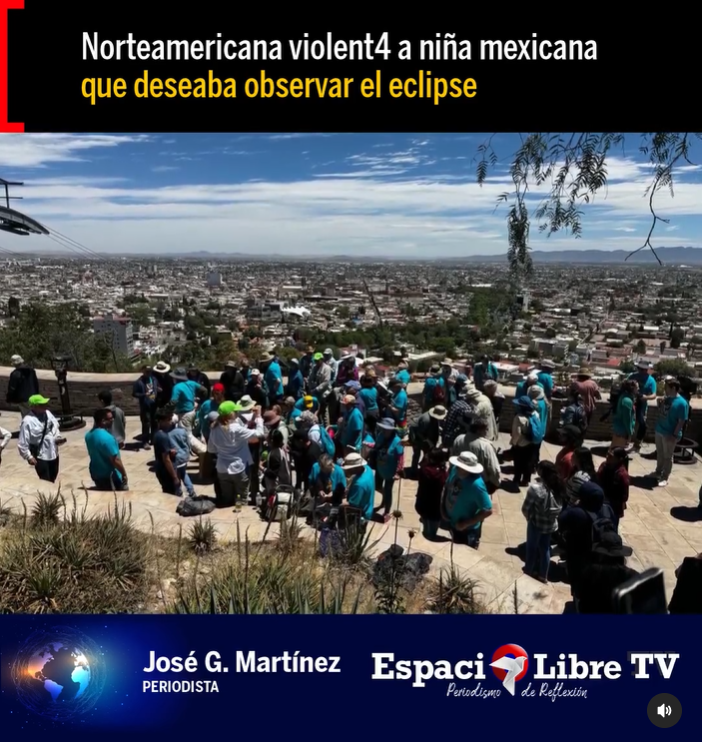 Video by
Video by Video by
Video by Video by
Video by Video by
Video by Video by
Video by Video by
Video by Video by
Video by Video by
Video by
